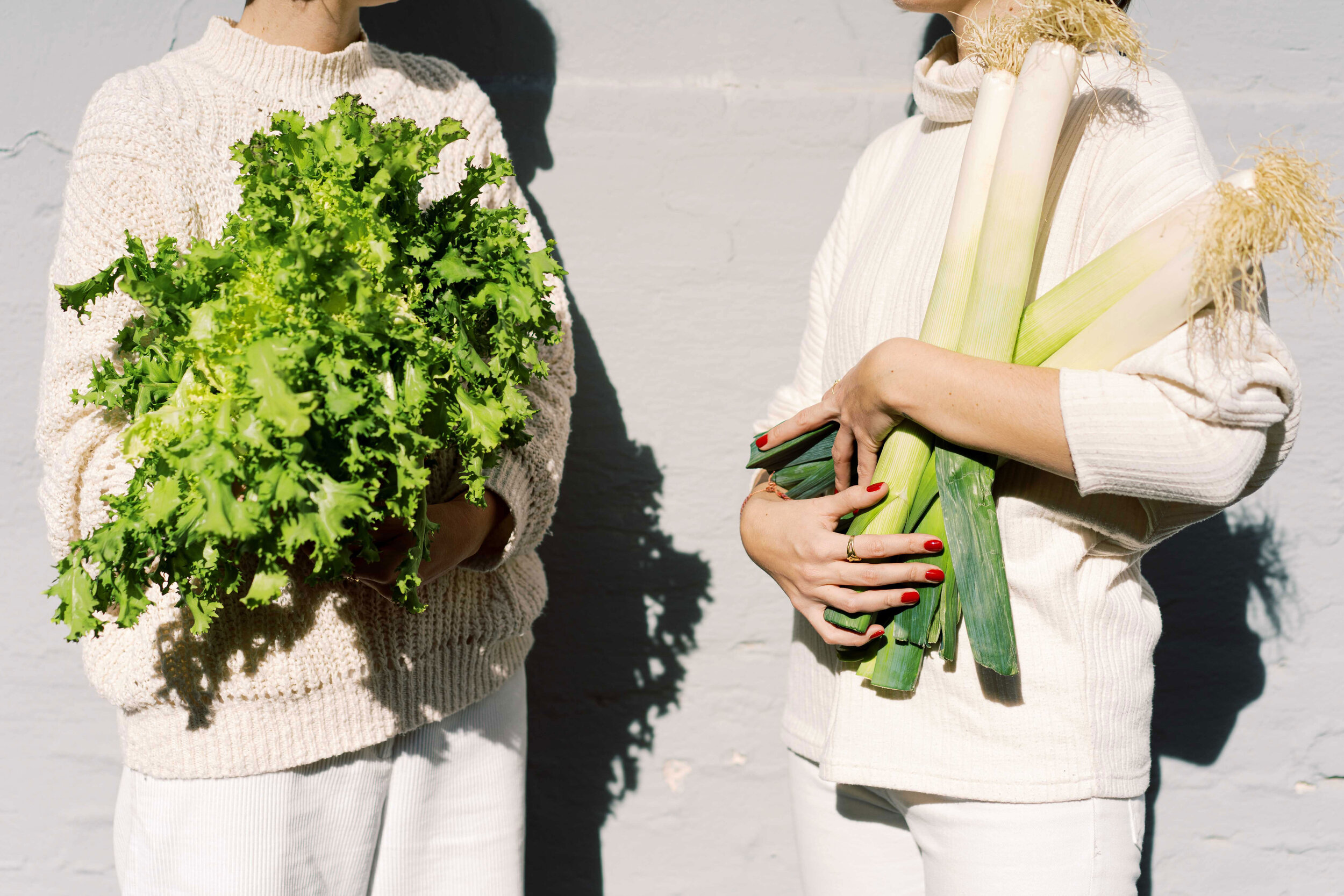How to Compost at Home For Your Health
How to Compost at Home For Your Health (And Mother Earth too, obv)
Let’s be real—composting might sound like something only people with big backyards or way too much free time do, but I’m here to tell you it’s totally doable at home! It’s something I’m learning more and more about, and something I want to do more of. Oh, and the benefits? Beyond amazing. Not only does composting reduce waste, but it’s also a boost for your garden, the planet, and even your health. So, let’s get into the dirty (but not so dirty) details of composting for a healthier life.
Why Composting Matters
On average, a single person generates about 4.9 pounds of trash each day, and about 30% of that could be “compostedganic” waste like food scraps ends up in a landfill, it doesn’t decompose properly; instead, it produces methane, a greenhouse gas way more potent than CO2. Composting helps divert this waste, reducing emissions while creating nutrient-rich soil. So really, it’s a win for you, your garden, and the planet.
How Composting Can Actually Boost Your Health
This might be surprising, but composting actually has some real perks for your well-being. When you compost, you’re feeding soil microbes that help plants grow stronger, which in turn creates nutrient-dense food. Those backyard veggies you’re growing? They’re likely to have more vitamins, minerals, and antioxidants than store-bought produce.
Plus, the act of composting itself can be a little therapeutic. Turning food scraps into soil is a simple way to connect with nature, giving you a nice dopamine boost every time you empty that compost bin into a pile of rich, earthy soil. And if you have kids, it’s a great way to teach them about sustainability, responsibility, and patience!
Ready to Start? Here’s How to Get Going
Choose Your Compost Style:
Countertop Composting: Perfect if you live in an apartment. Many companies now offer odor-free compost bins for the kitchen countertop that you can empty into a larger composting system when needed.
Compost Tumblers: A compact, all-in-one option for those with a bit of yard space. They’re easy to turn, which aerates the compost and speeds up decomposition.
Worm Bins (Vermicomposting): Yes, it’s a bit wiggly, but worms are compost champions! Worm bins are ideal for smaller spaces, and worms break down food fast, creating highly nutritious compost.
Know What to Compost
Think of composting like a balanced diet for soil. You’ll need:“Greens”: Nitrogen-rich items like fruit and veggie scraps, coffee grounds, tea bags, and grass clippings.
“Browns”: Carbon-rich materials like dry leaves, cardboard, egg cartons, and paper towels. The key? Aim for a balance between these two groups (about 3:1 browns to greens). This balance keeps your compost pile healthy, odor-free, and decomposing efficiently.
Avoid These Compost No-Nos
Some things just don’t break down well or could attract pests. Avoid composting meat, dairy, greasy foods, and anything with chemicals like treated wood or glossy paper. Stick to natural, unprocessed items.Keep It Moist and Turned
Compost needs a little TLC—just enough water to keep it moist, but not soggy. Think of it like a damp sponge. And make sure to turn or stir your pile every few weeks to add oxygen, which helps speed up decomposition.Be Patient—Good Soil Takes Time!
Composting is a slow process, but totally worth it. Your compost will usually be ready in three to six months, depending on conditions. If you’re using a tumbler or turning it regularly, you might see results even sooner.
Composting Without a Yard: Yes, It’s Possible!
If you’re in a city or don’t have any outdoor space, look for a community composting drop-off point. Many neighborhoods, farmers' markets, and community gardens will gladly take your compostable scraps. Some cities even have curbside composting services!
Fun Stats to Make You Feel Like an Eco Hero
Here are some eye-openers:
A 25% Reduction in Landfill Waste: If every American composted, we could reduce the waste going to landfills by 25% !!
Happier Plants: Compost-enriched soil retains water better, reduces erosion, and leads to healthier plants with less need for pesticides and fertilizers .
Final thoughts… whether you’ve got a big backyard or a cozy apartment, composting is totally within reach, and the impact is real. For just a little effort, you can make a big difference for the planet, your plants, and your family’s health. So go ahead—grab a compost bin, start saving those veggie scraps, and watch how your waste transforms into something magical for both you and Mother Earth.
Happy composting!

